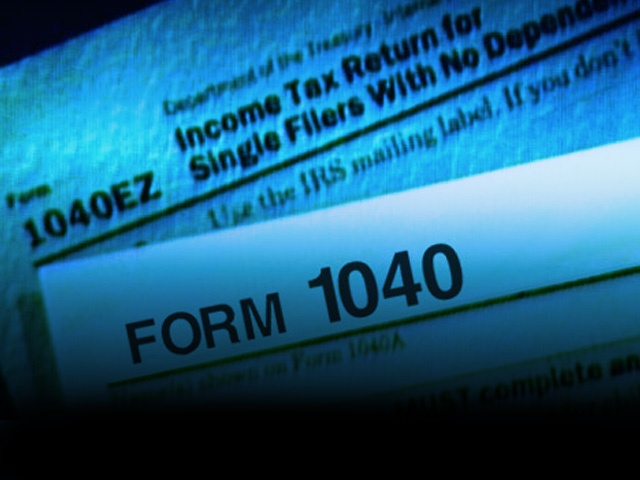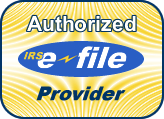Should You File a Tax Return?
 Do you ever wonder whether your income is high enough to warrant the filing of a tax return? Because the minimum income level varies depending on filing status, age, and the type of income you receive, it can be a bit complicated.
Do you ever wonder whether your income is high enough to warrant the filing of a tax return? Because the minimum income level varies depending on filing status, age, and the type of income you receive, it can be a bit complicated.
Use the following guide to determine whether you must file a federal income tax return for 2010.
Single Taxpayers
If you expect to file a single return, the IRS requires you to file a return for 2010 if your gross income for the year is at least $9,350 if you are under age 65 and $10,750 if you are 65 or older.
Married Filing Jointly
For married persons filing jointly, you are required to file a return if gross income for 2010 is at least $18,700 if both of you are under age 65. If one of you was at least age 65 in 2010, the limit is $19,850 – and if both of you were 65 or over, you must file if you made at least $20,900.
If you are not living with your spouse at the end of the year or you weren’t living with them on the day they passed away, the IRS requires you to file a return if your gross income is at least $3,650. Each personal exemption in 2010 is worth $3,650.
For married persons filing a separate return, no matter what age, you must file a return if gross income is at least $3,650.
Head of Household
For persons filing as head of household, you must file a return for 2010 if gross income is at least $12,000 if under age 65 and $13,400 if at least age 65.
Qualifying Widow or Widower
For persons filing as a qualifying widow or widower with a dependent child, you must file a return for 2010 if gross income is at least $15,050 if under age 65 and $16,150 if at least age 65.
Other Situations That Require Filing
Even if you don’t earn this much income, other situations necessitate filing a tax return. For example, a dependent has to file a return for 2010 if they received more than $950 in unearned income or more than $5,700 in earned income.
Other situations include:
You Owe Certain Taxes. If you owe FICA or Medicare taxes (also called payroll taxes) on unreported tips or other reported income that were not collected, you must file a return. You must also file a tax return if you are liable for any alternative minimum tax. Finally, you must file a return if you owe taxes on individual retirement accounts, Archer MSA accounts, or an employer-sponsored retirement plan.
Advance Earned Income Tax Credit Payments. The Earned Income Tax Credit is a federal income tax credit for eligible low-income workers. The credit reduces the amount of tax an individual owes, which may be returned in the form of a refund. If you receive advance payments for the earned income credit from your employer, you must file a return.
Self-Employment Earnings. If your net earnings from self-employment are $400 or more, you must file a return.
Church Income. If you earn employee income of at least $108.28 from either a church or a qualified church-controlled organization that is exempt from employer-paid FICA and Medicare taxes, you must file a return.
Questions?
Contact me for more information about filing requirements and your eligibility to receive any tax credits.
© 2011 – 2010, Bruce Mc. All rights reserved.












